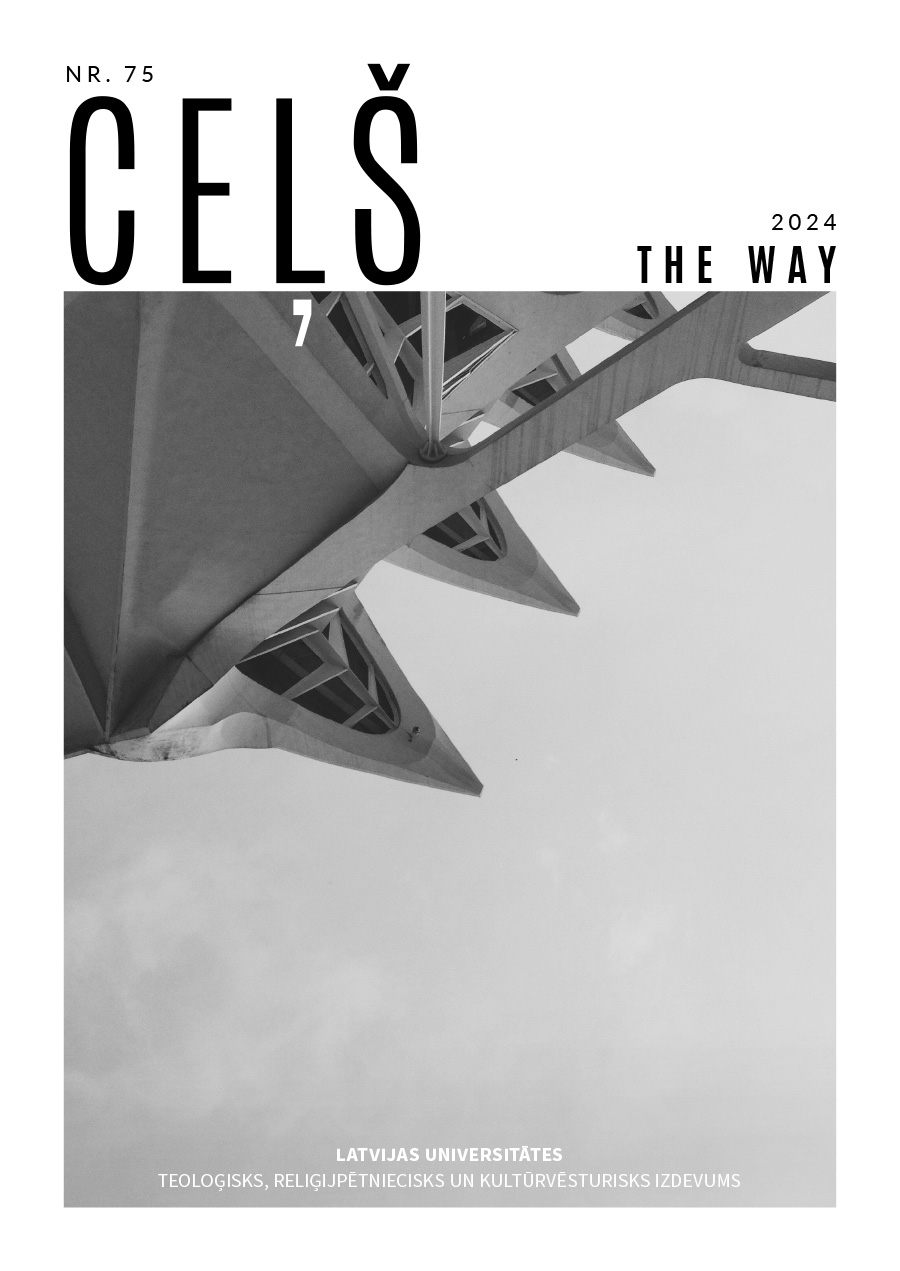Religious Motives in the Autobiographical Writings of Exile Estonian Writers (On the Basis of the Collection “The Land of My Youth” (1964))
DOI:
https://doi.org/10.22364/cl.75.07Keywords:
exile Estonian literature, secularisation, autobiographies, religiosityAbstract
The article offers the analysis of the motifs related to religion and the church in the collection of autobiographical essays of exiled Estonian writers “Minu noorusmaa” (1964). Twenty-four mostly well-known authors were asked to describe experiences of their childhood and youth that influenced the development of their personality. The essays reflect local life in various Estonian cities and rural areas at the end of the tsarist era and during the interwar period. However, religion is one of the main topics only for two authors out of 24, while five do not mention it at all. For the rest, the treatment of religious topics is limited to a few paragraphs or often only a few references in passing. Typically, religion is mentioned in association with the need to behave decently, death and difficult life situations, family and community traditions, and classes of religion at school, but also describing peculiar, exceptional people.
The treatment of religion and the church as a topic of marginal interest in the autobiographical writings seems to be characteristic not only of exile Estonian writers, but also of other biographers from different backgrounds, both in exile and at homeland. Comparative studies, especially with other post-communist countries, could show how this phenomenon can be related to the fact that, similarly to Czechs and East Germans, Estonians stand out in Europe today for their low practice of religion and low membership of churches.
Downloads
Published
Issue
Section
License
Copyright (c) 2024 Rain Soosaar, Latvijas Universitāte

This work is licensed under a Creative Commons Attribution-NonCommercial 4.0 International License.
Authors as copyright holders are named in each issue. Authors are allowed to publish under a Creative Commons License.


